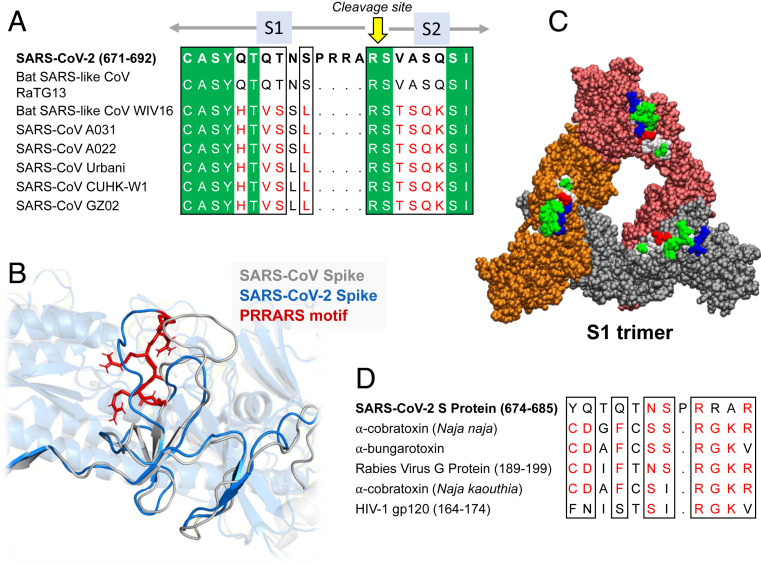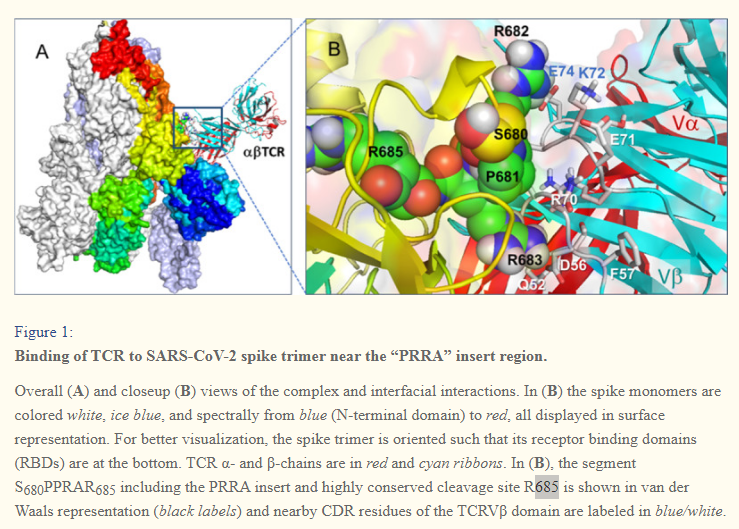Each thing is moved by, implicitly converted or turned back to, its own good by its cause of procession - which is principally God.
"Via est nobis tendendi in Deum." - St. Thomas Aquinas, which is to say that:
Christ, who as a man, is the way of our tending (back) into God.
Ezekiel 10:6 | When the LORD commanded the man in linen, “Take fire from among the wheels, from among the cherubim,” the man went in and stood beside a wheel.
"So I saw the glorious wheel move." - Dante, Paradiso 10.145
As Scripture and Dante see God's providence in circles, so did Boethius and Platonists more generally.
https://t.co/ldeqcP1VG1
Aquinas with, "Eadem est via qua descenditur et ascenditur." [SCG 4.1.3], brings back Heraclitus to the medievals, "The way up and the way down is the same." [Diels, B60]
The way up and the way down are the same.
Motion is given to our senses. In our noetic ascent to God, in the 'viae', motion actualises matter's contingent potentiality; it is raised to formal perfection as the good/end that it lacks. This is a psychic flight of the intellect to God.
The celestial ladder that allows motion both ways, but as a noetic descent back to the immediacy with what was gained at the summit is, the Trinity.
As the principle of all procession - the Father - knows the form by which he acts, through reversion, in and as the Son and loves the Son, and himself as end, in the co-spirated Spirit. Creation subsequently bubbles up and overflows out of God; we follow back down, enlightened.
"What occupies this place… is colourless and shapeless and intangible, really real reality, visible to intellect alone, the soul’s steersman, about which is the kind of knowledge that is true. Now the thought of a God is nourished by intellect and undefiled knowledge...
...as is that of every soul which cares to take in what is appropriate; seeing at last that which is it rejoices, and beholding the true it is nourished and delights. In its circuit, the soul looks upon justice itself, it looks upon moderation, it looks upon knowledge...
...not that which pertains to becoming, but the real knowledge concerning that which is really being. And having beheld and feasted on the other things likewise, that really are, going back inside the sky, it comes home." - Plato, Phaedrus 247c3–e4
The visual imagery and the references to a “place” may incline us to read this as a voyage to ‘another world.’ But Socrates has already warned us prior that he is telling not “what the soul actually is” but rather “what it is like” [246a5].
Later expressly refers to this story as a “mythic hymn”
(265c1). The “place above the sky” is not, in fact, a place, since what is ‘there’ has no shape or colour, is not corporeal at all. Rather, the flight is a mythic representation of psychic, intellectual fulfilment.
"Exalted is the homeland, and humble is the way. The homeland is the life of Christ, and his death is the way. If anyone rejects the way, how can a person seek the homeland?" - St. Augustine, Commentary on Psalm 28, 5
Ficino tells us that, in a sense, because Beauty-itself is the life-giving impulse flowing from the primal fount of all good, grace and beauty are convertible.
"For beauty is nothing other than the splendour of the highest good, shining in those things which are perceived by eyes, ears, and mind, and by means of them turning sight, hearing, and mind towards the Good itself,...
...from this it comes about that beauty is a circle of divine light, emanating from the Good, abiding in the Good, and
forever turned back towards the Good by means of the Good." - Marsilio Ficino, Commentary on Hippias, or On the Beautiful and Noble
It is only by the ambient light of the God's self-same Goodness that all is intelligible [Plotinus, Enneads V.5.7.13–23], and that we say something is more perfect, God has so loved it more [Aquinas, Summa Theologiæ, Prima Pars, Q:20:3].
Thus it is fitting to conclude then the soul's reunion with God is only due to the sanctifying grace, that we are receptive of, from him.
Yet at the height of the divided line, atop the summit of our noetic ladder, through the via negativa we realise that we are lost for words to express God's true Glory as he is utterly ineffable.
God himself as he self-reveals to Moses fittingly evades all self-identification
https://t.co/gUUds24XjR
Accordingly, Dionysius says that the union of minds with the “superdivine light” takes place “in the cessation of every intellectual activity” (DN I.5, 593C)
How might we ascend to where reason takes us no further? When we seek God through reason alone, we extoll much effort through a lot of time, to make very little progress. But by loving Him, Ficino tells us, we make much progress in a very short time.
The reason love unites the mind with God more swiftly, closely and firmly than cognition is that the power of cognition lies mainly in making distinctions but the power of love lies in union. [Opera Omnia]
Precisely because we come to know things discursively, mediated by concepts and ideas which themselves do not bless a man – unlike God who as simplex is Love and Wisdom...
...for man, love transcends the dialectic not just wherein the dialectic terminates in its ability to unite us with the Divine but entirely so by love’s very nature as unifying.
Our intellect alone traverses only intelligibles themselves, that is to say, beings of which God stands as utterly superior to. Hence the superiority of the devotional life to the purely contemplative life.
The life of the mere philosopher is quite radically incomplete. It lacks love and so also finds itself with a real creative limit. It is due unto the wellspring of divine love, the warmth of charity, that the philosopher finds his full realisation; his full intimacy with Wisdom.
In order to thoroughly know, we must first love, to then become purely receptive to sapientia, so that we might be truly free.
https://t.co/ocyM1Lbc1B "Ceasing from our intellectual activities we throw ourselves into the ray beyond being as far as possible” (DN I.4, 592CD).
To have true intimacy with God, and so become like Gods as was the reason for the incarnation - we must receive God as he so loved us [John 3:16], fly up to him in a noetic ascent fuelled through, and ultimately transcended by charity.
This completes the circle of divine love. We freely kick away the noetic ladder as we have our spiritual ascent, are beatified and rest - finally at home.
We may now, “rest unbroken: for how can that seek change, which all is well; what need that reach to, which holds all within itself; what increase can that desire, which stands utterly achieved?” - Plotinus, Enneads V.5.1 § 4
I shall conclude this thread with a selection from St. Catherine’s Dialogue
“A soul rises up, restless with tremendous desire for God’s honour and the salvation of souls. She has for some time exercised herself in virtue and has become accustomed to dwelling in the cell of self-knowledge in order to know better God’s goodness toward her...
...since upon knowledge follows love. And loving, she seeks to pursue truth and clothe herself in it.” - St. Catherine of Siena, The Dialogues. 1, 25.















